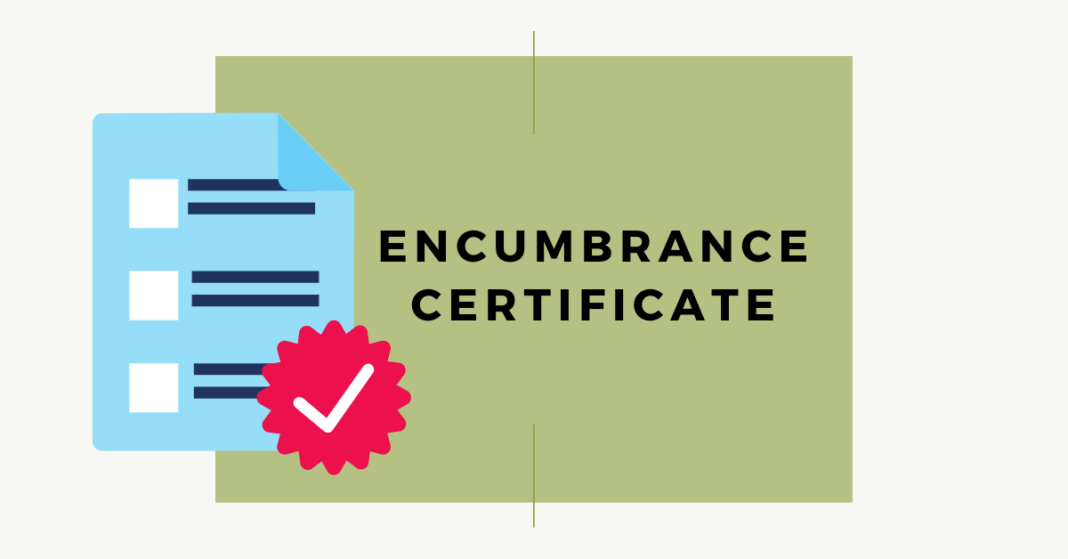An Encumbrance Certificate (EC) is an important document that provides information about the legal status of a property. It is issued by the Sub-Registrar’s office and is commonly required during property transactions or for availing loans against a property. The EC contains details of transactions, charges, or encumbrances registered on the property over a specific period.
Form 15 and Form 16, on the other hand, are related to income tax in India and are not directly associated with an Encumbrance Certificate.
Regarding the contents of a Property EC, here are the key details it typically includes:
- Ownership Details: The EC mentions the names of the current owners of the property and any changes in ownership that have been registered.
- Property Description: It provides a description of the property, including details such as the survey number, extent of the land, boundaries, and any other relevant information to identify the property.
- Encumbrances: The EC lists any encumbrances or charges registered on the property. This includes mortgages, loans, liens, or any other legal claims or disputes related to the property. It helps verify if there are any outstanding debts or legal issues that may affect the property’s ownership.
- Transactions: The EC also records details of previous transactions related to the property, such as sales, gifts, leases, or partitions. This information helps establish a chain of ownership and ensures that there are no undisclosed transactions.
- Pending Litigation: If there are any pending legal cases or disputes regarding the property, they will be mentioned in the EC. This helps potential buyers or lenders to assess the risks associated with the property.
- Nil Encumbrance Certificate: If there are no encumbrances registered on the property during the specified period, the EC will indicate a “Nil” or “No Encumbrance” status.
It’s important to note that the exact format and information contained in an Encumbrance Certificate may vary from one jurisdiction to another. It is recommended to obtain the EC from the appropriate authorities or consult a legal professional for accurate and up-to-date information.










